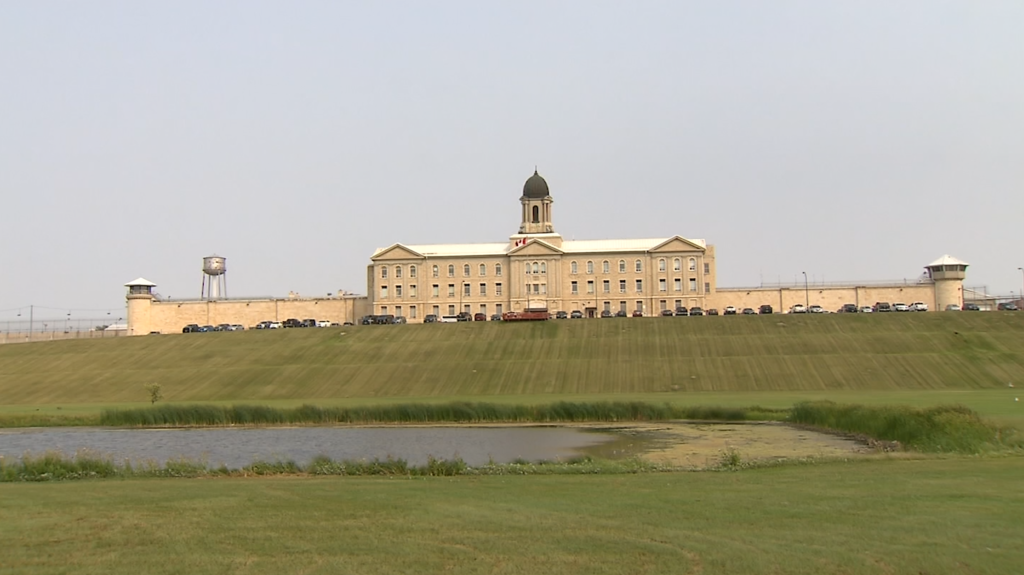How will $46B in more funding impact Canada’s health-care system?
Posted February 14, 2023 2:56 pm.
Last Updated February 14, 2023 6:37 pm.
Canada’s premiers have agreed to accept Ottawa’s 10-year health-care funding offer, with the focus now turning to bilateral agreements with the federal government.
But how exactly will the deal affect the health-care system?
“Signing these deals is going to be very important in moving forward the actual change we want to see,” said Dr. Alika Lafontaine, president of the Canadian Medical Association (CMA).
Through the deal, $46 billion in new funding will be distributed to the provinces and territories over a 10-year period.
Canada’s premiers say the offer from the federal government is nowhere near what they asked for, but the money could not be turned down.
“This is just the step towards where we need to go. It’s not the end of the road,” said Lafontaine.
The CMA president says this agreement allows the health-care sector to begin the process of fixing the overall system.
“There’s things like data that are tied into the CHT (Canada Health Transfer), which sometimes is a complex problem for folks to wrap their head around, but extremely important to actually fixing our problems,” he said.
Funding for pediatric patients
Emily Gruenwoldt, the CEO of Children’s Healthcare Canada, says she was happy to see a focus on pediatric patients included in the negotiations.
“We have a growing population of children in this country and their needs are increasingly more complex,” said Gruenwoldt.
“This is a terrific start. We are looking forward to working with the provinces and working with the federal government to think about the long term and how we make Canada a place where children can thrive.”
WATCH: Trudeau’s $196 billion health care offer
‘The focus is still money’
However, Bacchus Barua, the director of health policy studies at The Fraser Institute, doesn’t think pouring more money into what he calls an already broken health-care system is a good idea.
“The question is not the money. The question is whether the money is translating into performance,” said Barua. “What we are seeing, there is a little bit of talk about performance, but that really isn’t the focus. The focus is still money.”
Barua believes this deal will only bring forth more spending and bring more federal involvement into health care.
“Let’s be clear: ultimately, it’s not a question of whether the provinces are going to fund this, or whether the federal government is going to fund this,” he said. “It’s the Canadian taxpayer that’s going to be paying the bill.”
Province-by-province negotiations
Ottawa intends to sign one-on-one agreements with each province specific to their needs.
Thomas Linner with the Manitoba Health Coalition says he was hoping to see more political will from the premiers and federal officials to get the public health-care system back on track.
“It looks like we are going to continue to see province-by-province negotiations with the federal government, rather than a pan-Canadian approach and we think that is a bit of a shame,” said Linner, the group’s director.
Lafontaine say it’s important front-line health-care voices are part of the conversation.
“It’s really important for governments, as they start to implement these things, especially when it comes to measuring whether or not we are moving forward, that these voices remain around the table and they inform what governments are doing moving forward,” he said.








